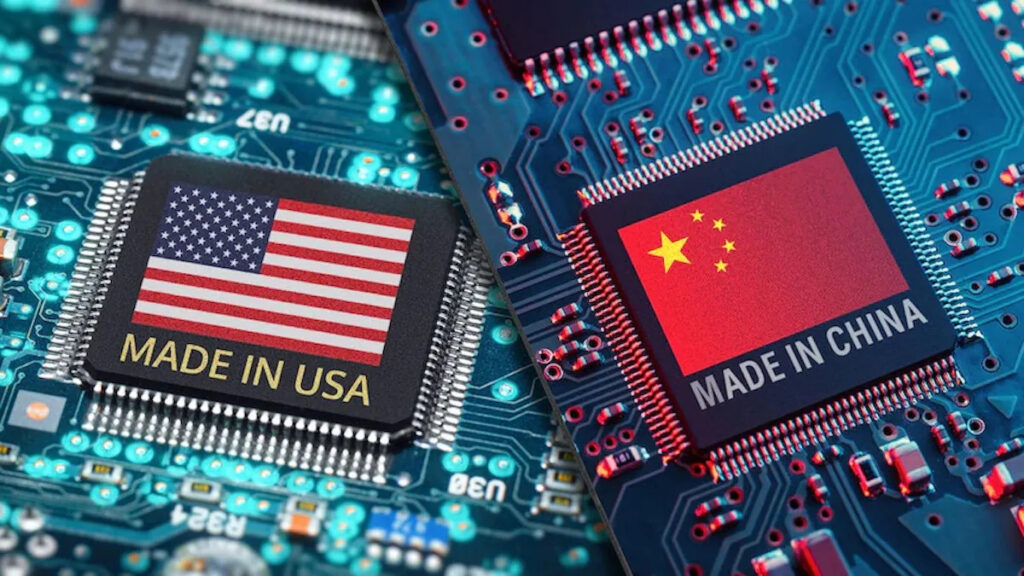US starts process to restrict some investment in key tech in China
The White House has taken a significant step towards safeguarding sensitive technologies by initiating measures to restrict certain U.S. investments in China’s critical tech sectors.

President Joe Biden signed an executive order on Wednesday, directing the U.S. Treasury Department to regulate investments in semiconductors, microelectronics, quantum computing, and artificial intelligence, with a particular focus on countries of concern, initially identifying China, Hong Kong, and Macau. The move aims to protect national security interests while setting the stage for a more controlled investment landscape.
The executive order establishes a framework where notification of investments will be required, and certain prohibitions will be applied to prevent the most acute national security risks. The targeted investments are those that could potentially provide China with military and intelligence advantages. Notably, these regulations will only apply to future investments and will not have retroactive effects.
The technology sectors under scrutiny are semiconductors, microelectronics, quantum computing, and artificial intelligence. These sectors hold immense strategic importance, and the United States has already imposed export restrictions on various technologies that are relevant to these fields. However, by restricting investments, the U.S. aims to prevent its funds from inadvertently aiding China in advancing its own domestic capabilities, which could undermine existing export controls.
While this executive order sets the groundwork for investment restrictions, it is important to note that the implementation process will be meticulous and may extend into 2024, coinciding with the presidential election year. The U.S. Treasury Department will undertake a rulemaking process that will include opportunities for public comment and stakeholder engagement. This thorough approach underscores the importance of these regulations for national security and international technological competition.
The Treasury Department’s proposed regulations target various aspects of technology investment in China. It is considering prohibiting investments in areas such as semiconductor manufacturing equipment, advanced integrated circuits, and certain quantum technologies. Additionally, the department is mulling over notification requirements for investments in less advanced integrated circuits and AI-related software with potential military or intelligence applications.
Also Read: Tokyo Electron’s Sales Dive 17% as Chip Market Malaise Persists
The U.S. has engaged in discussions with allies and partners to ensure that these measures are strategically sound and carefully tailored. Although no coordinated action was taken by allies on the day of the announcement, countries like Britain and the European Union have indicated their intention to implement similar investment restrictions. In fact, the Group of Seven advanced economies previously agreed that outbound investment restrictions should be part of the collective approach.
President Biden’s executive order represents a proactive stance towards protecting national interests and maintaining a competitive edge in crucial tech sectors. By establishing a regulatory framework for technology investments, the U.S. is working to strike a balance between economic engagement and safeguarding sensitive technologies. As the implementation process unfolds over the coming months, industry stakeholders, investors, and experts will closely monitor the developments that shape the future of U.S.-China technology interactions.

I am a law graduate from NLU Lucknow. I have a flair for creative writing and hence in my free time work as a freelance content writer.